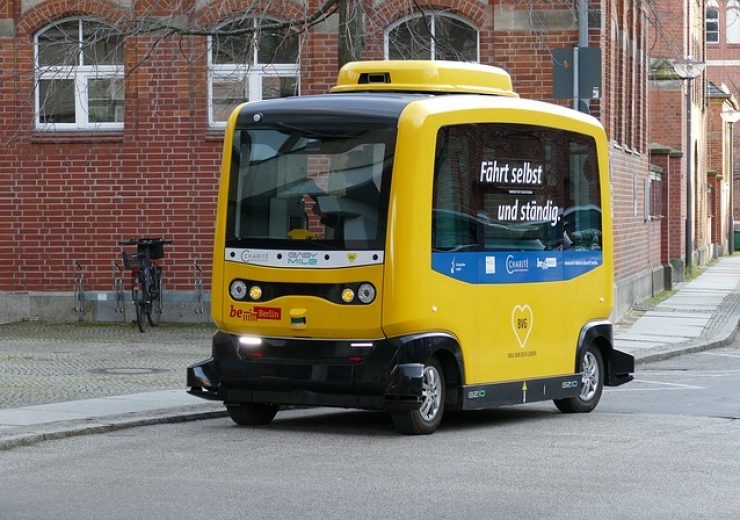Autonomous driving will be only restricted locally to a predetermined area

Bundestag passes bill on allowing driverless vehicles to operate on public roads. (Credit: falco from Pixabay)
Germany has adopted a new legislation for permitting driverless vehicles to operate on public roads in the country by 2022 in specifically defined areas.
A new federal government act in this connection sets out the initial guidelines for autonomous driving in the country.
As per the new legislation, autonomous driving will be permitted in as many scenarios as possible. However, it will be only restricted locally to a predetermined area.
The legislation has made Germany the first nation to allow driverless vehicles in regular operation and also across the nation.
The bill passed by Bundestag, which is the lower house of the German Parliament, particularly relates to vehicles with fully autonomous systems that come under the Level 4 classification. Under Level 4 automation, a computer takes full control of the vehicle without any human intervention to either control or monitor it.
For now, Germany will allow driverless vehicles to operate as shuttle transport, automated passenger transport systems for covering short distances, and as hub2hub transport for enabling driverless links between logistics centres.
Other scenarios to be allowed will be transport services driven by demand at off-peak times in rural areas, and automated valet parking where the vehicle is instructed to park on its own in the garage.
The new legislation means trucks that independently deliver goods to distribution centres, buses and cars that independently and safely transport their passengers have all been given green signal to operate in specifically defined areas.
The regulatory framework developed by the German government is designed to expedite the development and launch of innovative technology, functions, and services in the country.
Furthermore, it is said to give Germany the scope to advance research and development and to shape the mobility of future for making autonomous driving more diverse, safer, more user-oriented, and also more environmentally friendly.
The upper house of the German Parliament is yet to approve the legislation passed by Bundestag on driverless vehicles.


